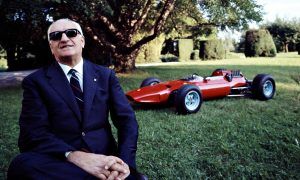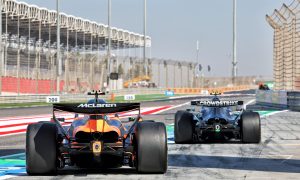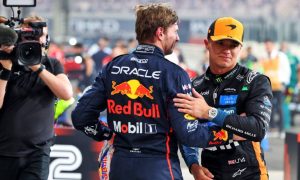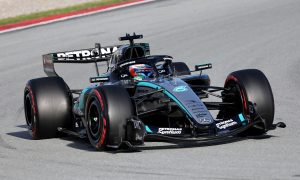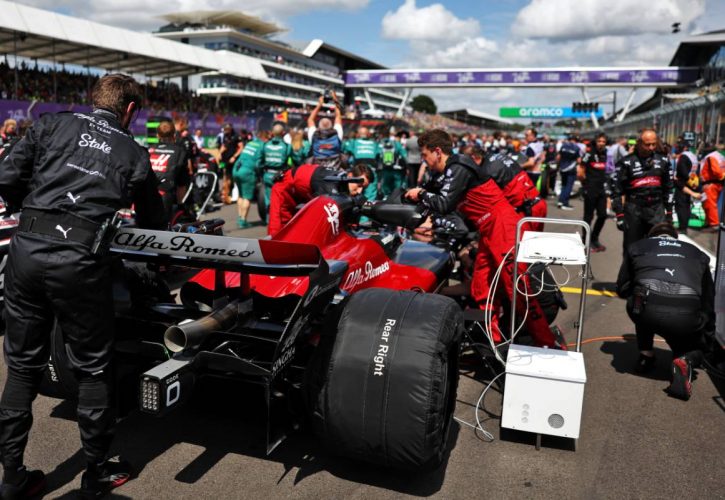
Formula 1 CEO Stefano Domenicali has acknowledged that there's still a lot to be sorted out when it comes to the overhaul of power unit regulations due to come into effect in 2026.
Some teams have expressed concerns regarding current proposals, with Red Bull boss Christian Horner among those calling for a change to the fifty-fifty split between electrical power and the traditional combustion engine.
"There's need to always be a balance to understand the comments,” Domenicali admitted. “It's a lot of work to be done in the next couple of weeks.
"There are other meetings that will happen in the next weeks to make sure that the evolution of the project is going in the right direction," he told Motorsport.com this week.
"I want to be positive in the fact that we are going to have the right package - considering, of course, the decisions that have been taken with regard to the engine, the power unit and the car itself.
"As always in life, you need to make sure that there is the right balance, and together to have the best vision for the best programme for F1," he added. "And I'm convinced that we will achieve that.”
Domenicali said that the development of sustainable fuel was a significant factor in the sport's plans.
"If you look at what we decided on sustainable fuel, now people are understanding the ICE has a value if you're doing the project with the right sustainable fuel.
"We believe F1 can accelerate the possibility of having sustainable fuel at the right price. This will be a great help for mobility in the absolute sense, including commercial vehicles, aviation, and the one that includes cars circulating in the world - which are about a billion and a half.
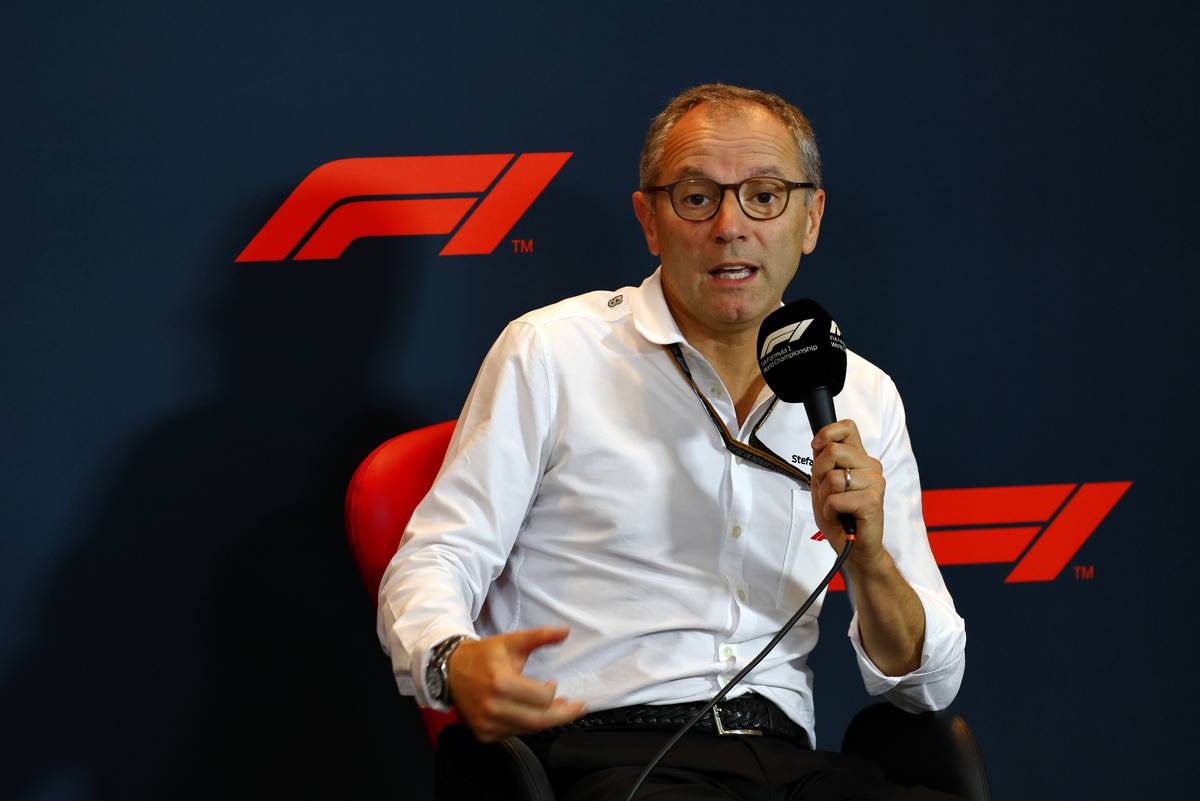
"We have to ask ourselves what we can accelerate in terms of development, and here the issue of sustainable fuels is fundamental," he continued. "The perception and the market on this front are changing, and I think a very good choice was made when we first decided to take this path.
“It's a very important challenge for F1 and I'm sure it will also help to bring together the vision of all the teams," he added. "If we can be effective in the study and production of sustainable fuel, we will be able to think about the next generation of power units, focusing on lightness.
“Over the years the weight of the cars has increased," he said, pointing out that much of that was down to improved safety features. "No one questions what has been done on the safety front.
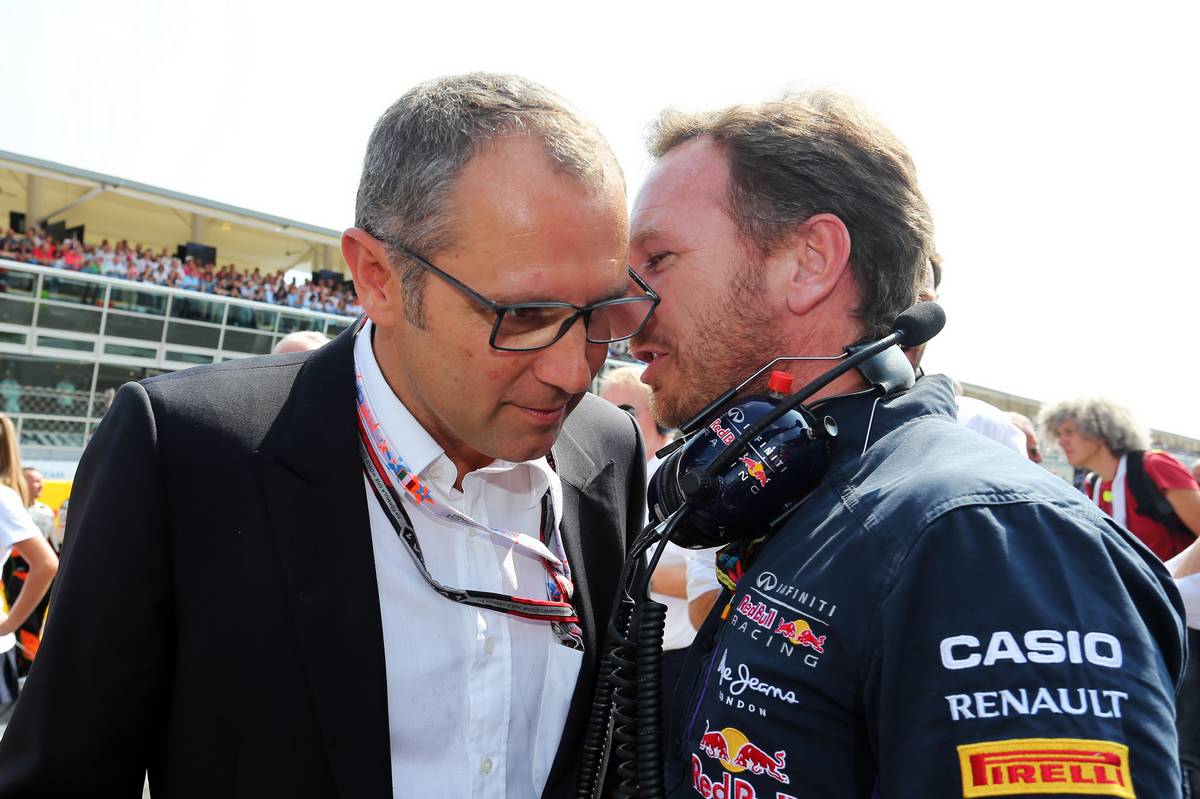
“But there has also been the development of new technologies and the subsequent adoption of batteries, an aspect that has led to an impact on the weight front.
And just as important as making cars lighter is adding some 'grunt' to the noise engines make. "Weight and sound are two elements that for us are very important, so we need to keep these two elements at the centre of the agenda.
“We want a competitive engine with many horsepower and also with a great sound," he noted. "99.9 per cent of people want to hear a Formula 1 sound on track again, and that's something we've put on the table."
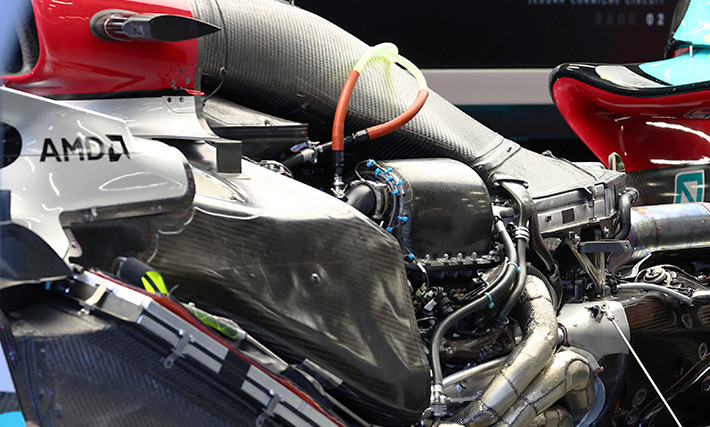
And on top of everything, Domenicali noted the need to keep Formula 1 relevant with the direction of the automotive mass market around the world. “Today we are in a transition phase, where large manufacturers need to develop hybrid and electric technologies since they are part of their sales portfolio,” he said.
But Domenicali ruled out a switch to all-electric cars, which is the remit of the FIA Formula E world championship series. “We do not want to make technological wars against full electric mobility, as it is a technology that will have its own market."
Keep up to date with all the F1 news via Facebook and Twitter



